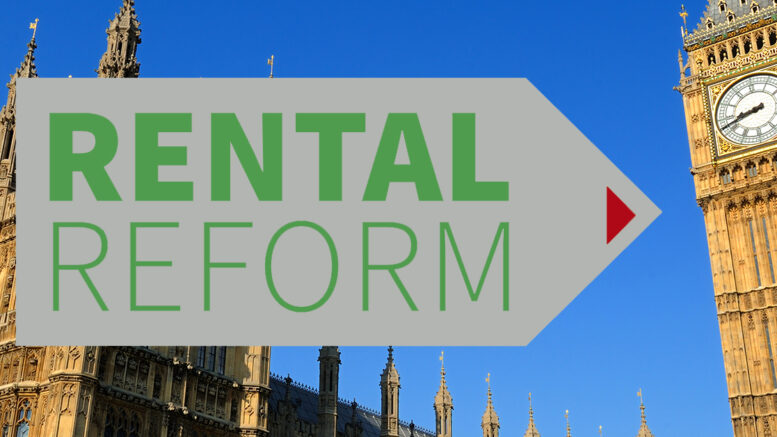Activists are urging the government to address homelessness and the high cost of temporary accommodation by introducing a new version of the Renters Reform Bill. Generation Rent, a campaign group, highlights the financial strain on local councils and blames Section 21 evictions by private landlords as a significant contributing factor.
Impact on local councils
Generation Rent’s research reveals that one in four local councils in England spends 5% of its core budget on temporary accommodation. Of 249 councils surveyed, 59 spent at least £1 in every £20 of their Core Spending Power on temporary housing. Alarmingly, 20 councils spent at least £1 in every £10 of their budget on temporary accommodation in the 2022/3 financial year.
Ben Twomey, chief executive of Generation Rent, stressed the severity of the situation: “The shocking strain that the cost of temporary accommodation now has on local councils is totally preventable. Where once people were able to find safe and affordable homes, we are now living in total insecurity, within a cruel and broken system.”
Section 21 evictions and homelessness
Section 21 ‘no fault’ evictions are identified as a leading cause of homelessness. Twomey stated, “Now, more than ever, private renters need a new law to end these unfair evictions and grant us the proper protections we need to keep us safe from homelessness.”
Delays and the call for urgent action
The Renters Reform Bill, which was intended to provide these protections, was delayed and eventually scrapped after the government called for an election. Twomey criticised the government’s inaction: “The Bill was already not in a fit state to offer renters the vital protections that they need, yet further delays mean that renters will continue to be driven into temporary accommodation. It is now a matter of urgency that the next government introduce these long-overdue reforms to make renting work for the millions of private renters and the local communities being saddled with spiralling temporary accommodation costs.”
Personal stories and the human impact
Stories from affected tenants underscore the human cost of the current system. Sarah, a mother of two from London, faced a no-fault eviction and struggled to find affordable housing, eventually ending up in temporary accommodation. “It’s devastating not knowing where you’ll be living next month. The stress on my family has been immense,” she shared.
Impact on landlords
While the push for reform is focused on protecting tenants, it also raises concerns for landlords. Many landlords argue that Section 21 provides a necessary mechanism to regain control of their properties. Mark Johnson, a landlord from Manchester, explained, “Without Section 21, landlords could face lengthy and costly legal battles to evict problematic tenants, which can result in significant financial losses. Reforms need to balance the rights of tenants with the rights of landlords to manage their properties effectively.”
A pressing need for balanced reform
The call for a new Renters Reform Bill is a response to the increasing financial and emotional burden on tenants and local councils. However, it is crucial that any reforms also consider the implications for landlords. By addressing the flaws in the current system and finding a balanced approach, the government can help ensure that private renters have the security and stability they need while enabling landlords to manage their properties effectively. This dual focus can reduce reliance on costly temporary accommodation and alleviate the strain on local communities.







